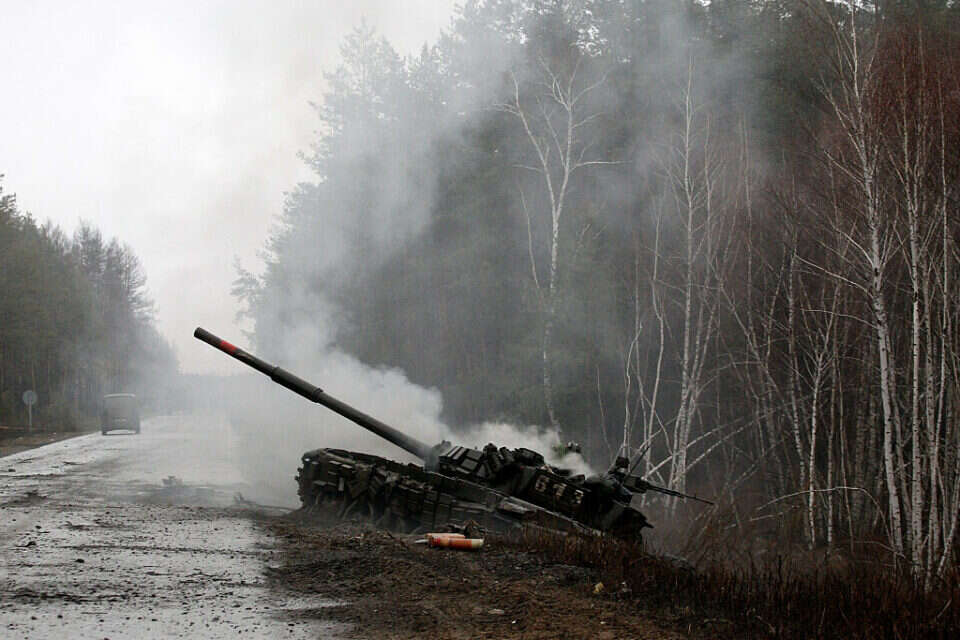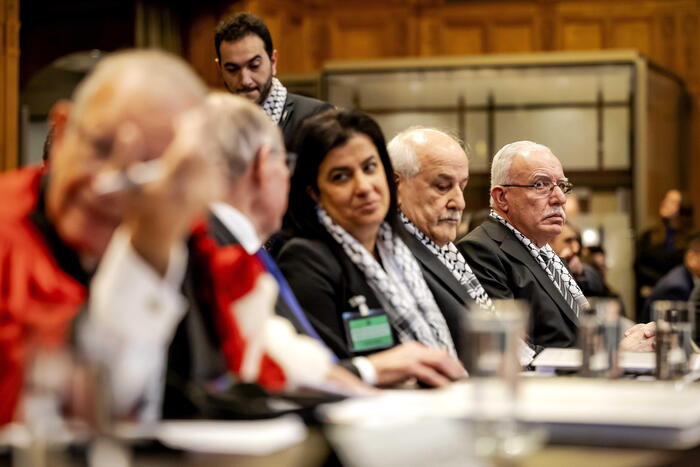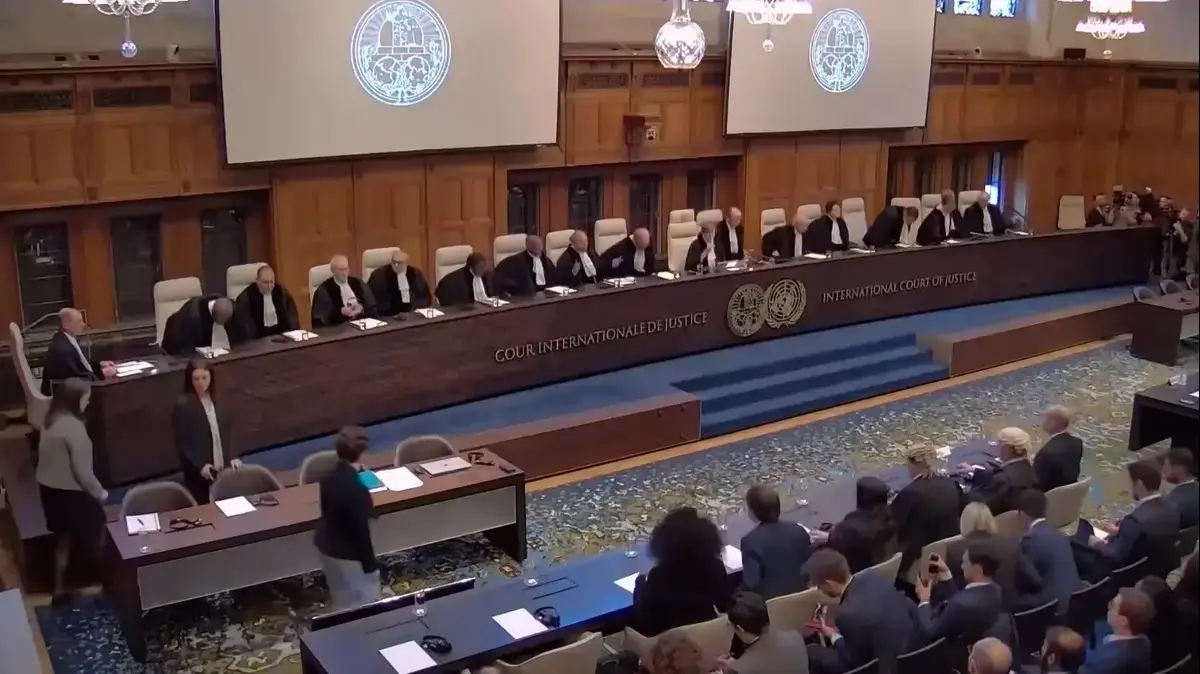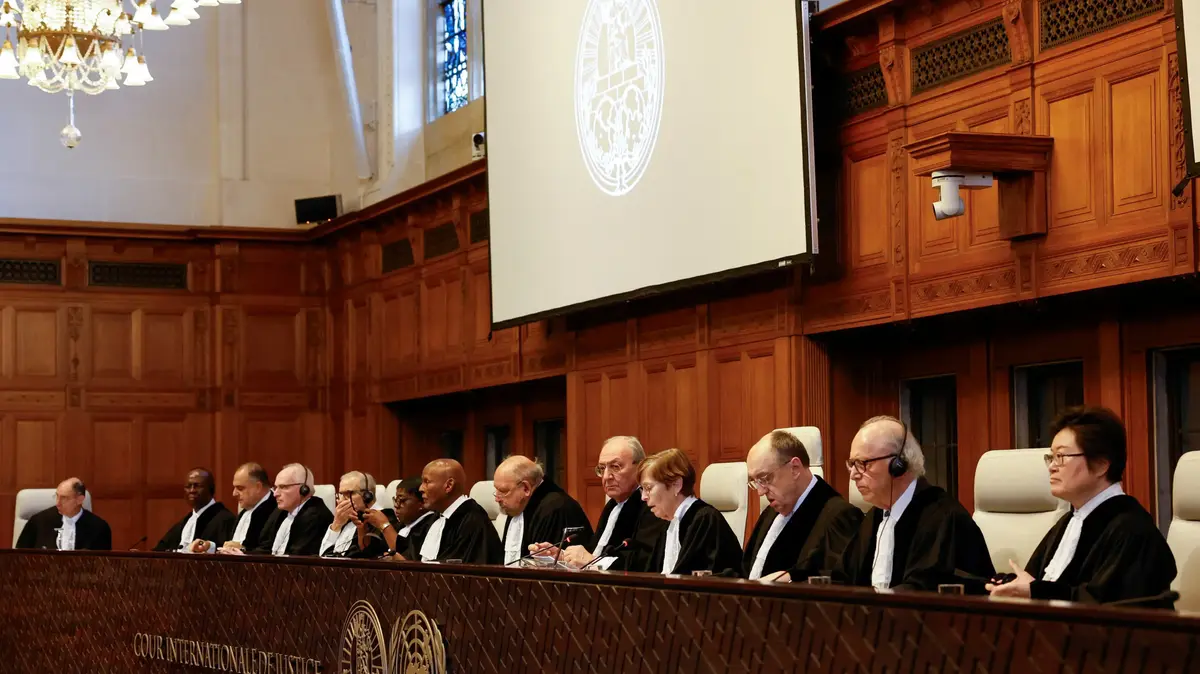The war in Ukraine, which began on Thursday morning with a great uproar, does not cease to surprise.
Those who expected Ukrainian forces to collapse in the face of the Russian blitzkrieg were surprised to see vigorous opposition, which halted, at least as of this writing on Sunday, the invaders' advance into the capital Kiev, northeastern Kharkiv and the important port city of Odessa.
The Ukrainian resistance is multidimensional: neither of the regular army, nor of civilians armed by the Ministry of Defense, nor of President Volodymyr Zlansky, who commands his forces with great courage from the attacked capital, and even of the Air Force, which contrary to all expectations was not completely shut down by the Russian attack.
It is also interesting to see that Western countries, which at first hardly tried to hide their intention to leave Ukraine to its own devices, began to change attitudes - in statements and actions - when they realized that the battle was not lost.
Thus, for example, Germany, France and Poland are beginning to supply weapons to the Ukrainians, including essential anti-tank missiles, and even Russia's former allies in Europe, such as Hungary, are willing to impose crippling sanctions on it, such as being cut off from the Swift system.
It is difficult to predict how the campaign will end in Ukraine, but in the meantime, it seems that it is not too early to raise two insights that are also relevant to Israel.
First of all, many draw a populist, but incorrect, conclusion from the Ukrainian story, as if Ukraine's miserable fate proves that "no one will help us," or "that we should trust only the Holy One and the power of the IDF," as a popular political commentator wrote. In practice, the fact that Russian President Vladimir Putin dared to attack Ukraine, and not, for example, Poland or Lithuania, is mainly related to the fact that the former is not a member of NATO, and the latter - yes.
Precisely those who are in a strong alliance are less likely to be attacked.
Ukrainian forces in the city of Kharkiv, Photo: AFP
Allies help those who are strong enough to be able to help them at command.
Thus, alliances come from inner strength, and in other words - first of all, we must rely on our own strength to build such strength, and then use it to acquire strong partners who can help us in time of need.
Evidence: Only when the Ukrainians showed a determination to resist and fight for themselves, the West began to mobilize (hesitantly, still) to help them.
The Afghan army, which collapsed without a fight, did not receive any help.
Many, such as Prime Minister Naftali Bennett, have rightly argued that the Ukraine affair proves that the era of conventional wars between countries is not over, and that we must be prepared for such wars.
This means investing in “traditional” military force components like armor, land force, logistics and maneuverability.
I would also like to highlight a less obvious side of the war era returning to us: the harms of the deterrence discourse.
While Western countries are discussing the imposition of sanctions on Russia, experts have been found opposing almost every one of the sanctions.
One says disconnection from the Swift system is ineffective, two argue that visa cancellation will also hurt innocent Russian citizens, and a third stresses that Russia has enough foreign exchange reserves, so sanctions will not hurt its economy, and all of that will not make Putin change his ways.
Anyone who listens to all these experts will conclude that nothing should be done, because nothing could deter Putin.
Even in our places, there are endless discussions about what measures could "deter" enemies like Hezbollah.
Perhaps here, too, we need to stop discussing sophisticated theories of deterrence, and return to past conventions: we can not know what is going through the enemy leader's head and what will "deter" him, but we can harm him, his country and his economy as much as possible.
Whoever hits a military, political and economic enemy until it collapses - may win.
Whoever stops at any moment to think what will make his opponents change direction - will be silenced, and eventually lose.
The author is a military historian from the Departments of Asian History and Studies at the Hebrew University of Jerusalem
Were we wrong?
Fixed!
If you found an error in the article, we'll be happy for you to share it with us







/cloudfront-eu-central-1.images.arcpublishing.com/prisa/LK4BWLOG5F4TALNACDXUI4NVI4.jpg)

